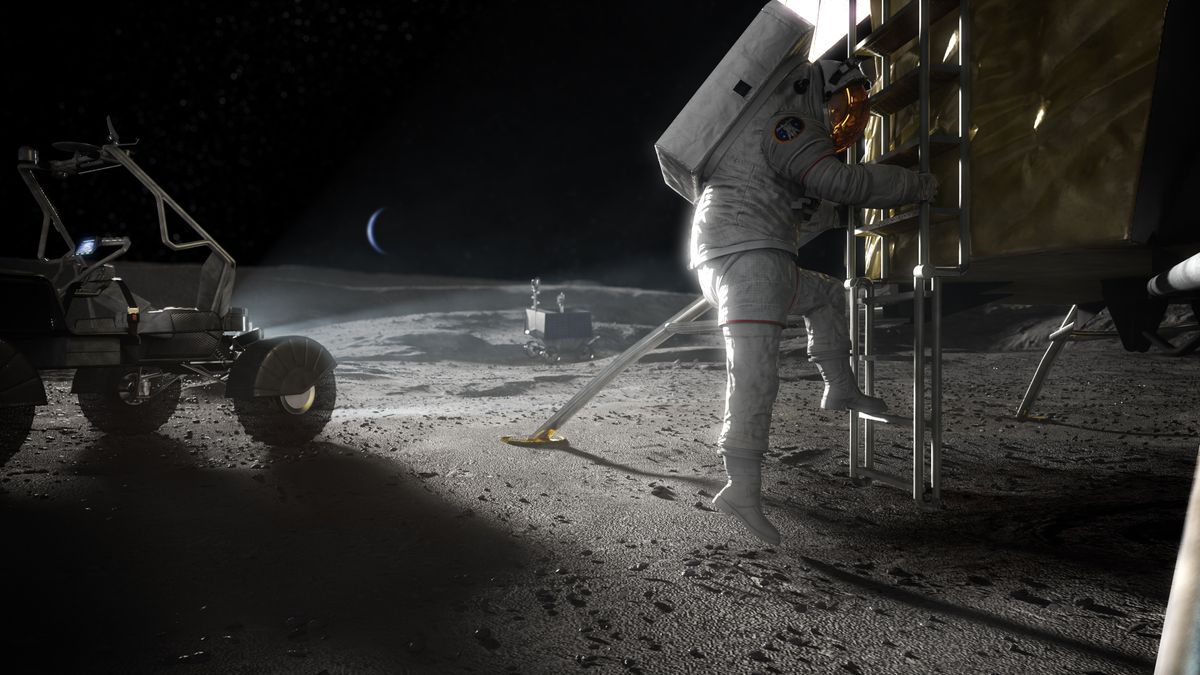Unlock stock picks and a broker-level newsfeed that powers Wall Street.
Fatima Gulzar
Sat, Mar 29, 2025, 3:58 PM 6 min read
In This Article:
We recently compiled a list of the 12 Best Waste Management Stocks to Invest In Now. In this article, we are going to take a look at where LanzaTech Global, Inc. (NASDAQ:LNZA) stands against the other waste management stocks.
Waste management stocks include those companies that provide supporting environmental, engineering, and consulting services, as well as those that gather, process, store, transport, recycle, and dispose of waste products.
The waste management industry is expanding rapidly. The market was worth $1,293.70 billion in 2022 and is projected to grow at a CAGR of 5.4% between 2023 and 2030, according to Grand View Research. Strict laws like the Resource Conservation and Recovery Act and the Waste Shipment Regulation are anticipated to drive the market to improve this service. In 2022, the collection segment held a dominant market share of over 62.0%. The industrial waste industry dominated the market, accounting for more than 85.9% in 2022. It is anticipated that during the projection period, the e-waste segment will grow at the quickest CAGR of 7.4%. Asia Pacific led the industry, accounting for more than 24.5% of the market in 2022. The projection period is anticipated to see the Middle East and Africa grow at a compound annual growth rate (CAGR) of 5.6%.
According to Debra Reinhart, a Board of Scientific Counselors member for the EPA:
“It’s a difficult industry, but it is profitable if it’s done right.”
Waste management is critical to promoting the growth of sustainable energy by reducing environmental impact, recovering valuable materials, and increasing resource efficiency. According to Deloitte’s insights, land, water, and waste management must all be integrated in order to achieve a sustainable energy transition. Repurposing brownfield sites, abandoned power stations, and landfills for solar or battery storage maximizes land usage, while spatial mapping technologies reduce environmental effects. Water efficiency can be improved by recycling wastewater, using brackish and greywater, and switching to closed-cycle cooling systems. Advanced sorting, material recovery from retired equipment, and robotics are all waste reduction solutions that prioritize safety and efficiency. Moreover, cross-industry collaboration promotes industrial symbiosis, resulting in maximum resource utilization. Circular design concepts help to increase product life and facilitate disassembly. Increased renewable energy efficiency reduces land and waste footprints. Smart sensors and IoT technology reduce water leaks, while industrial sites’ centralized recycling networks reduce freshwater extraction and wastewater outflow. These methods promote a sustainable and resource-efficient energy transition.
.png)
 German (DE)
German (DE)  English (US)
English (US)  Spanish (ES)
Spanish (ES)  French (FR)
French (FR)  Hindi (IN)
Hindi (IN)  Italian (IT)
Italian (IT)  Russian (RU)
Russian (RU) 








Comments